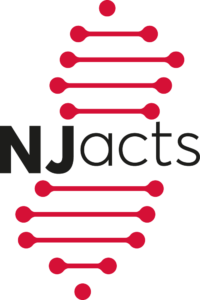 Please read Dr. Maturana’s article in Gene Therapy titled, “Engineered compact pan-neuronal promoter from Alphaherpesvirus LAP2 enhances target gene expression in the mouse brain and reduces tropism in the liver.“
Please read Dr. Maturana’s article in Gene Therapy titled, “Engineered compact pan-neuronal promoter from Alphaherpesvirus LAP2 enhances target gene expression in the mouse brain and reduces tropism in the liver.“
The field of translational neuroscience has brought forth innovative technologies with immense potential for the treatment of prevalent neurological disorders causing disability. Among these advancements, recombinant adeno-associated virus (rAAV)-based gene therapy has emerged as a highly promising technology. rAAV is extensively employed in both in vitro and in vivo studies for neural circuit mapping because of its exceptional transfection efficiency and ability to maintain the stable expression of transgenes. However, targeting transgene expression in specific tissues and cell types remains challenging. The use of a cell type-specific promoter can result in improved targeting, which may limit the detection of transgenic proteins by antigen-presenting cells and eliminate undesirable immune responses. Regrettably, most neuron-specific promoters exhibit modest levels of transgene expression. As a result, substantial doses of AAV vectors are frequently administered to achieve therapeutic effectiveness. However, this approach can give rise to significant drawbacks, including thrombotic microangiopathy (TMA) and hepatotoxicity, as an adverse effect. To read the full article.
Engineered compact pan-neuronal promoter from Alphaherpesvirus LAP2 enhances target gene expression in the mouse brain and reduces tropism in the liver. Maturana CJ. Gene Ther. 2023 Nov 27. PMID: 38012300 DOI: 1038/s41434-023-00430-0
